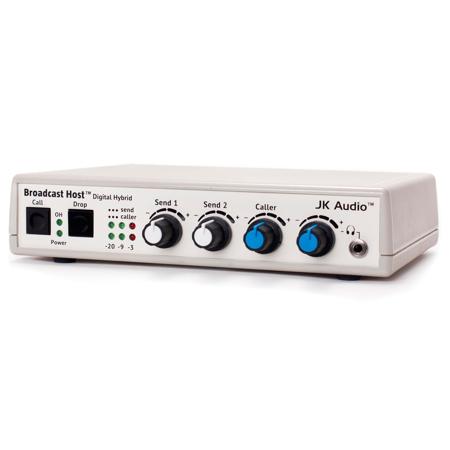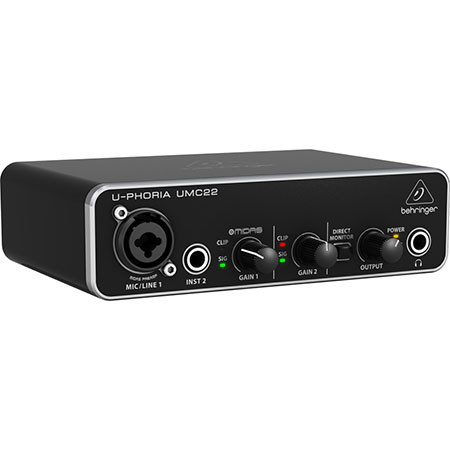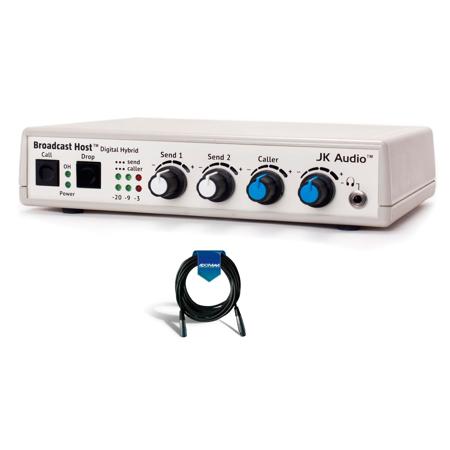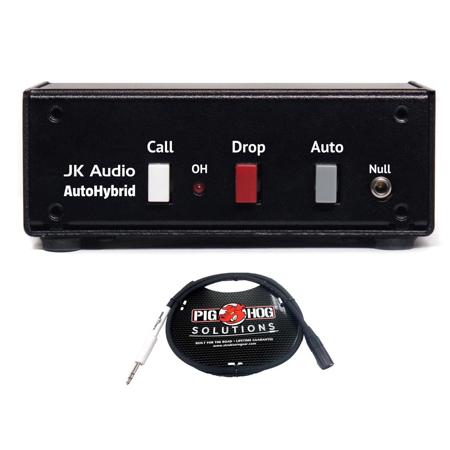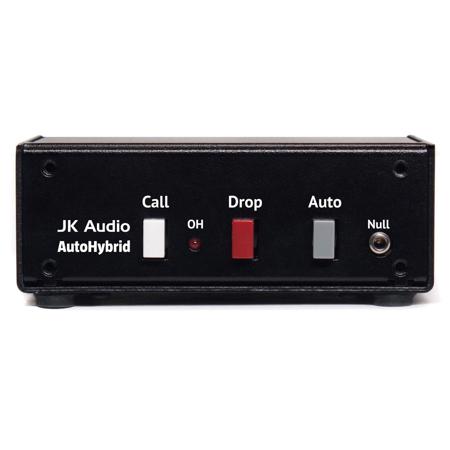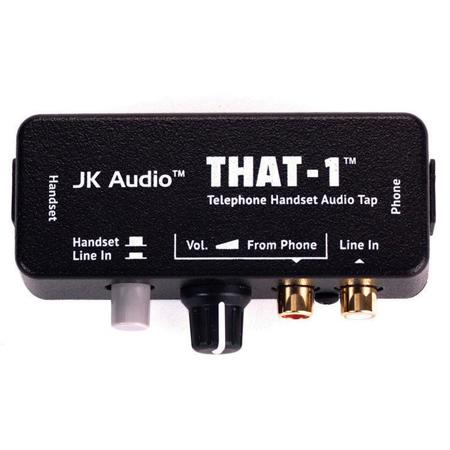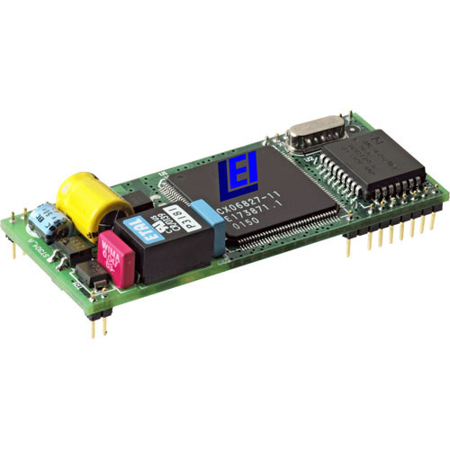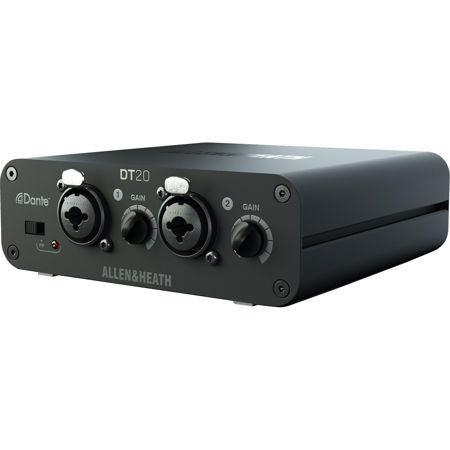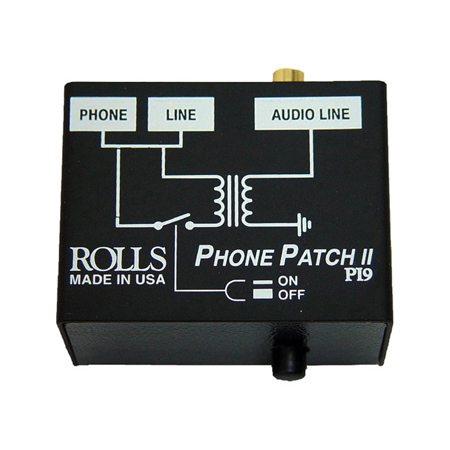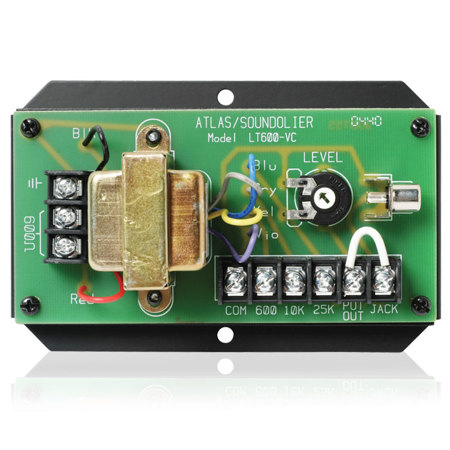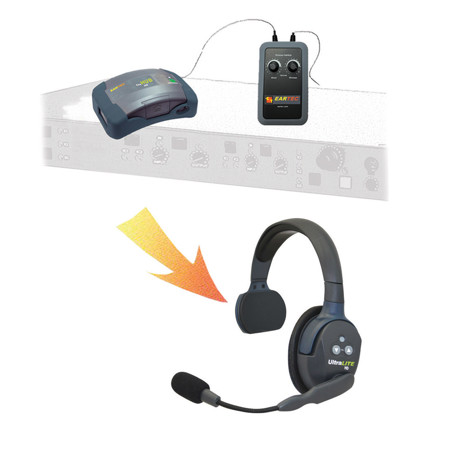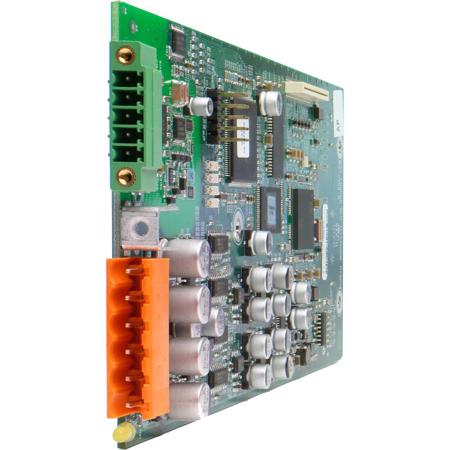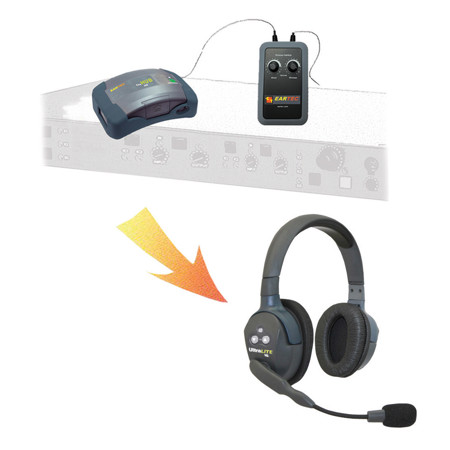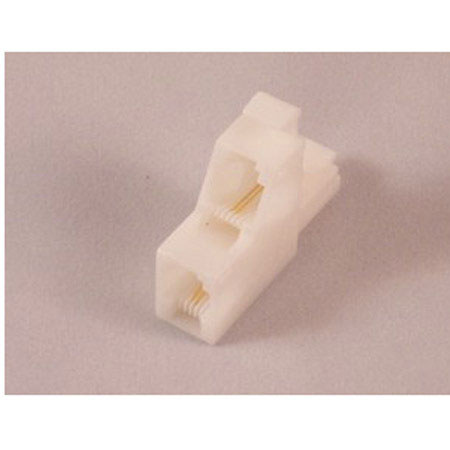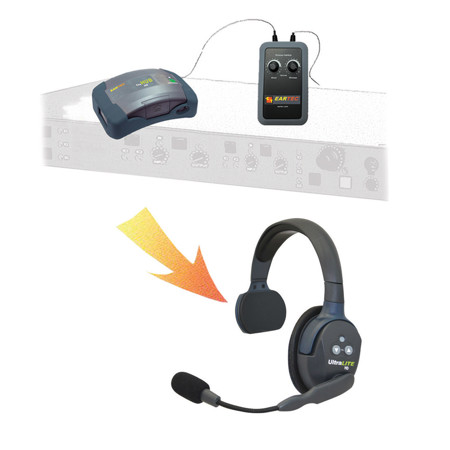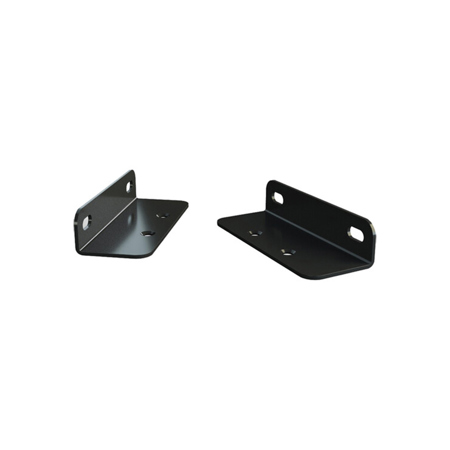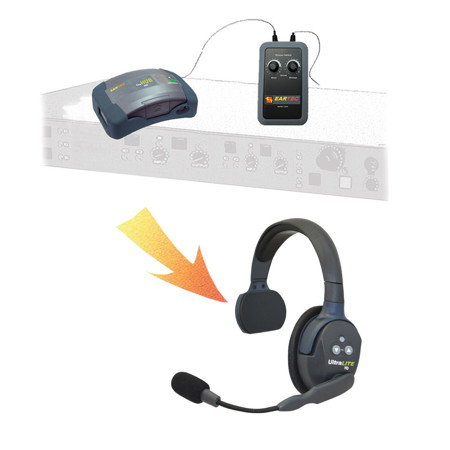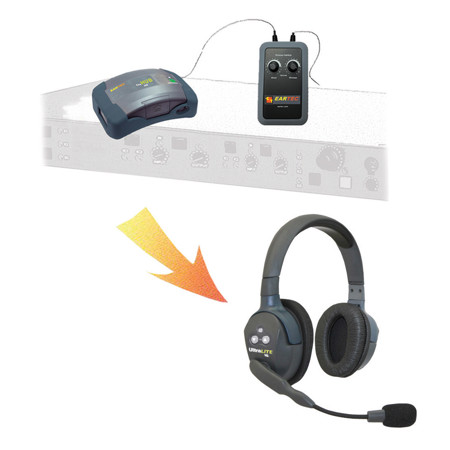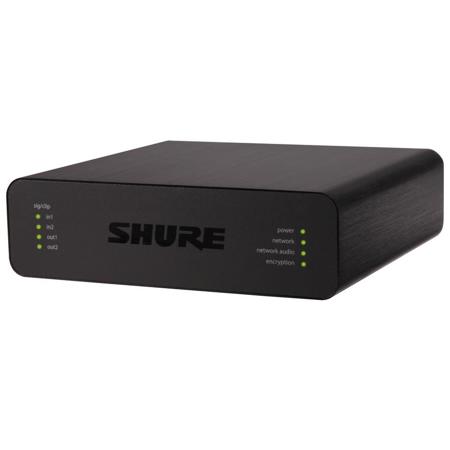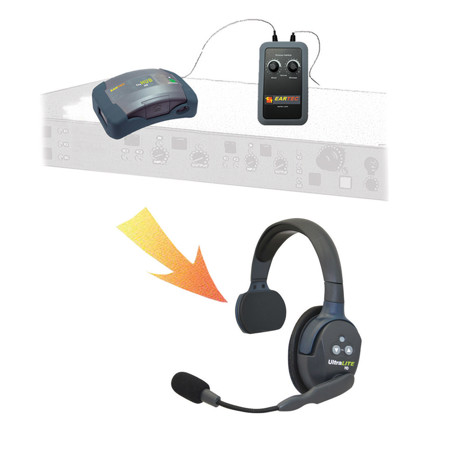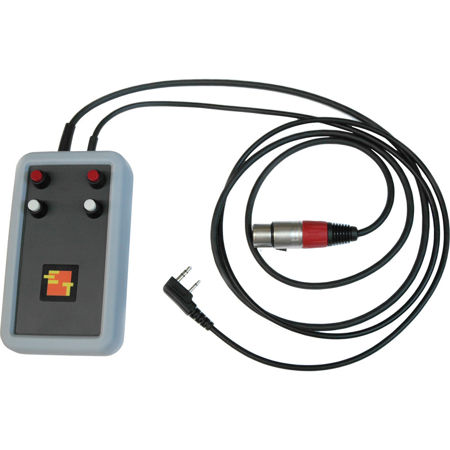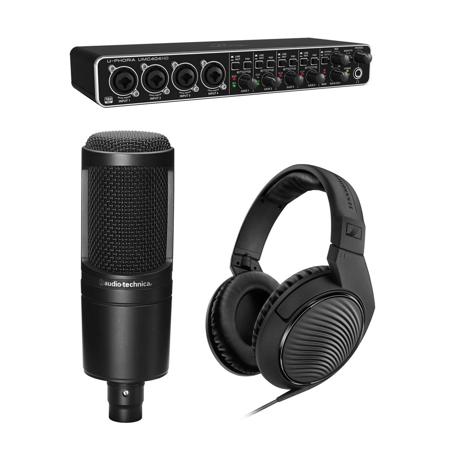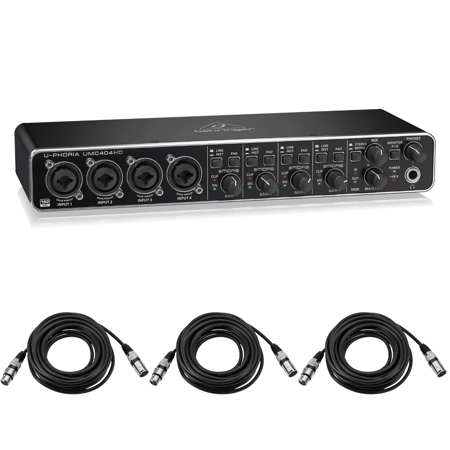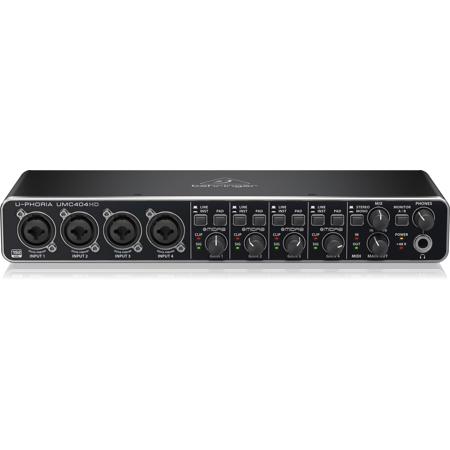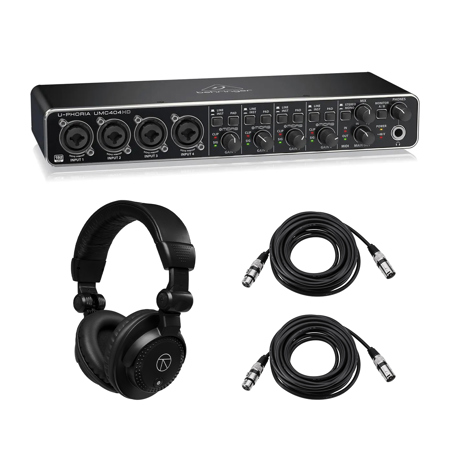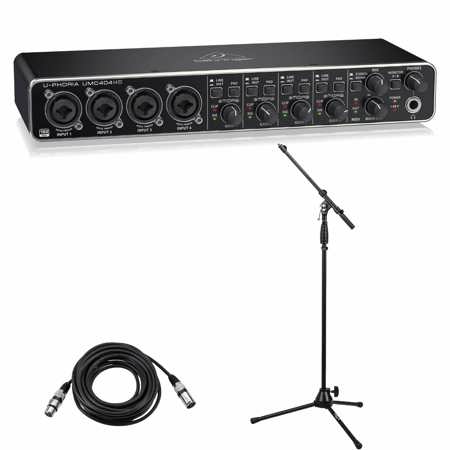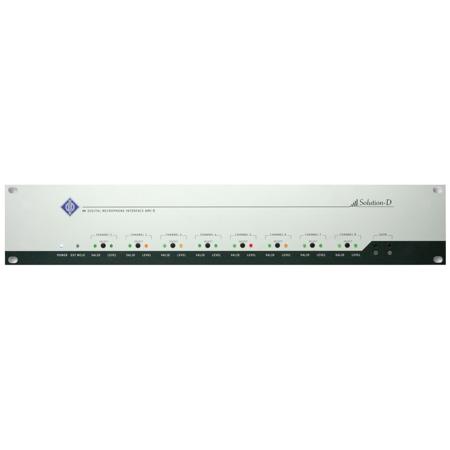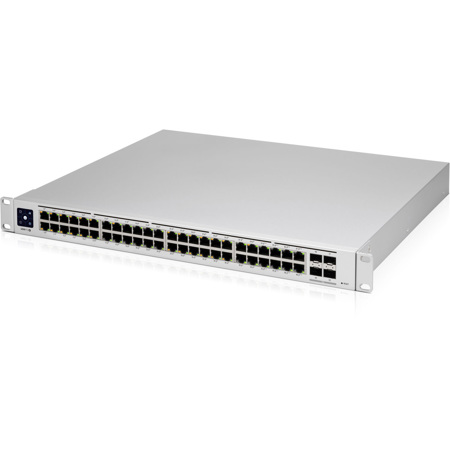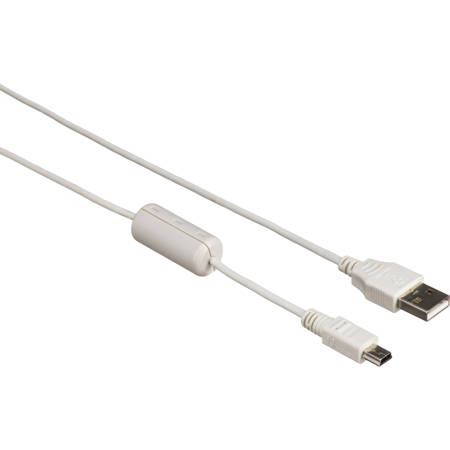Telephone Interfaces
In the evolving landscape of audio and communications technology, telephone interfaces have become indispensable tools for professionals and enthusiasts alike. These specialized devices serve as bridges between traditional telephony or mobile phones and an array of professional gear, such as microphones, mixers, audio recorders, and broadcast equipment. Whether you’re a podcaster conducting interviews over the phone, a journalist capturing remote audio, or a musician streaming live performances from your smartphone, the right telephone interface can dramatically enhance the quality and flexibility of your setup. With winter in full swing and many creators working from cozy home studios or remote locations, the demand for seamless, reliable connectivity is more relevant than ever. Telephone interfaces can be a thoughtful gift for the audio aficionado in your life or a practical upgrade for anyone looking to elevate their remote recording or broadcasting capabilities during the quieter months of the year.
When considering a telephone interface, it’s important to think about the specific requirements of your workflow. For those working in radio, podcasting, or live event production, interfaces that offer robust audio routing between phone lines and mixing consoles are essential for maintaining clear, professional-grade sound. These devices often support a range of connection types, including analog, USB, and Bluetooth, allowing for integration with both legacy and modern equipment. Musicians and content creators may prioritize interfaces that support mobile devices, enabling high-quality audio capture directly from a smartphone or tablet—perfect for on-the-go interviews, field recordings, or spontaneous creative sessions. Features like echo cancellation, gain control, and headphone monitoring can make the difference between a polished production and a muddled recording. As you browse, consider the environments where the interface will be used: a quiet home office, a bustling newsroom, or a mobile setup in unpredictable conditions. Durability, portability, and ease of use are all key factors that can influence your choice, especially if you plan to travel or work in challenging winter conditions.
Telephone interfaces are not just for seasoned professionals; they’re increasingly accessible for hobbyists and aspiring creators. With intuitive user interfaces and compatibility with a wide range of devices, these tools empower anyone to produce studio-quality audio from virtually anywhere. They also make excellent gifts for students exploring audio engineering, family members starting a podcast, or friends who want to improve their virtual collaborations. Paired with other audio solutions—such as those found in our curated selection of Sound Interfaces—telephone interfaces open up new creative possibilities, from remote interviews and live streams to hybrid events and collaborative music sessions. As the season encourages us to connect with others—whether for work, creativity, or community—having the right interface ensures every call, recording, or broadcast is delivered with clarity and professionalism. Explore our recommendations to find the perfect telephone interface for your needs and experience the difference that expert connectivity can make.
When considering a telephone interface, it’s important to think about the specific requirements of your workflow. For those working in radio, podcasting, or live event production, interfaces that offer robust audio routing between phone lines and mixing consoles are essential for maintaining clear, professional-grade sound. These devices often support a range of connection types, including analog, USB, and Bluetooth, allowing for integration with both legacy and modern equipment. Musicians and content creators may prioritize interfaces that support mobile devices, enabling high-quality audio capture directly from a smartphone or tablet—perfect for on-the-go interviews, field recordings, or spontaneous creative sessions. Features like echo cancellation, gain control, and headphone monitoring can make the difference between a polished production and a muddled recording. As you browse, consider the environments where the interface will be used: a quiet home office, a bustling newsroom, or a mobile setup in unpredictable conditions. Durability, portability, and ease of use are all key factors that can influence your choice, especially if you plan to travel or work in challenging winter conditions.
Telephone interfaces are not just for seasoned professionals; they’re increasingly accessible for hobbyists and aspiring creators. With intuitive user interfaces and compatibility with a wide range of devices, these tools empower anyone to produce studio-quality audio from virtually anywhere. They also make excellent gifts for students exploring audio engineering, family members starting a podcast, or friends who want to improve their virtual collaborations. Paired with other audio solutions—such as those found in our curated selection of Sound Interfaces—telephone interfaces open up new creative possibilities, from remote interviews and live streams to hybrid events and collaborative music sessions. As the season encourages us to connect with others—whether for work, creativity, or community—having the right interface ensures every call, recording, or broadcast is delivered with clarity and professionalism. Explore our recommendations to find the perfect telephone interface for your needs and experience the difference that expert connectivity can make.
